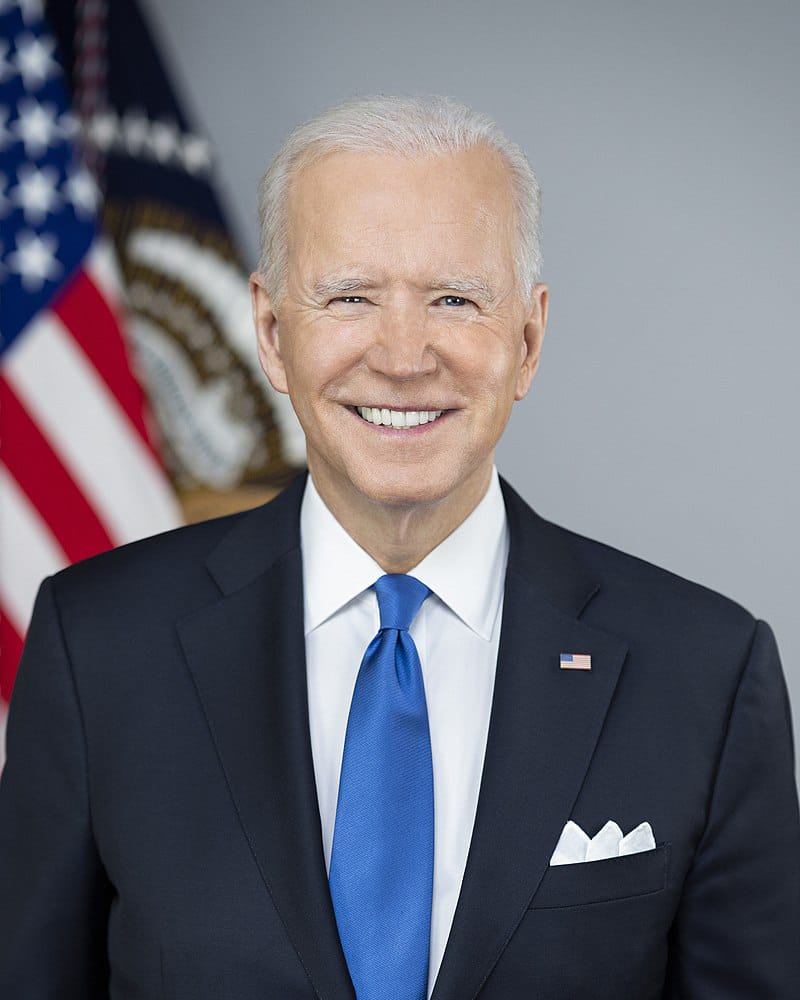In a rare address to the nation from the Oval Office, President Joe Biden made a compelling case for Americans to rally behind Israel and Ukraine. He emphasized that providing military and economic aid to these nations is not just a gesture of solidarity but a crucial step to maintain global stability and protect U.S. national security.
Connecting the Dots:
In his 15-minute speech, President Biden masterfully connected two seemingly distant global conflicts, Israel’s ongoing war with Hamas and Ukraine’s struggle against Russian aggression. He highlighted that both face threats of annihilation by terrorists and tyrants and asserted that failing to hold these aggressors accountable can lead to more chaos and destruction, not just for the directly affected nations but for the entire world.
Historical Perspective:
The President invoked historical lessons, reminding us that when terrorists and dictators escape retribution for their actions, they continue to pose a growing threat. In the absence of consequences, these perpetrators persist in their destructive pursuits. He emphasized the rising cost and threats to both America and the world when such transgressions go unaddressed.
Supporting Democracy:
Biden painted a picture of America as a defender of democracy, a beacon to the world, underscoring the nation’s role in promoting democratic values globally. He addressed the anguish, anger, and unrest following Hamas’ attack on Israel and the subsequent war, making it clear that America stands with those who are hurting. His message was one of unity and inclusion, highlighting the importance of diversity and belonging.
Personal Diplomacy:
The President’s address came on the heels of his high-stakes visit to Tel Aviv, where he expressed unwavering support for Israel following the Hamas attacks that claimed more than 1,400 lives. During this visit, he not only secured an agreement for humanitarian aid to enter Gaza but also urged Israel to exercise restraint. Biden’s message to Israel was clear: avoid repeating the mistakes made by the United States in the aftermath of 9/11.
Inclusivity:
President Biden directly addressed concerns within Jewish communities about being targeted. He strongly denounced the hate crime that claimed the life of Wadea Al-Fayoume, a 6-year-old Palestinian American boy, in Chicago. The President’s speech was followed by his outreach to the boy’s family, showcasing his commitment to denouncing hatred and promoting inclusivity.
Support for Ukraine:
President Biden’s address laid the groundwork for a significant foreign aid proposal he plans to submit to Congress, with a particular focus on bolstering Ukraine’s defense capabilities. This proposal, estimated to be around $100 billion, includes a substantial $60 billion for Ukraine. During his address, the President spoke with Ukrainian President Volodymyr Zelenskyy, who expressed gratitude for ongoing U.S. support.
Global Threats:
Biden emphasized that although Hamas and Russian President Vladimir Putin represent different types of threats, they share a common objective: to annihilate neighboring democracies. The President underscored that this is not a time for petty partisan politics and urged the nation to stand united against terrorism and tyranny.
Investment for the Future:
While he didn’t specify the exact amount, the President labeled the aid proposal as a “smart investment” that will yield dividends for American security for generations to come. He highlighted that it will help keep American troops out of harm’s way and contribute to building a safer, more peaceful, and prosperous world for future generations.
Challenges in Congress:
President Biden’s appeal for support will reach a divided Congress. The House has been in disarray for more than two weeks, with the selection of a new Speaker causing a standoff. Hard-right Republicans and conservative voters are also opposed to increasing U.S. assistance to Ukraine. The President’s request for aid may face substantial challenges in this climate.
President Biden’s address was a call to action, a plea for unity in the face of global threats. By connecting the dots between seemingly disparate conflicts, he made a compelling case for supporting Israel and Ukraine. The aid proposal, still in the works, reflects his commitment to bolstering the defense of these nations. The challenges in Congress, coupled with growing domestic divisions, will test America’s ability to maintain its role as a global leader and beacon of democracy.
In a world rife with turmoil, President Biden’s call for unity and support for these two nations demonstrates the importance of standing together to protect our shared values and promote global peace and stability.




